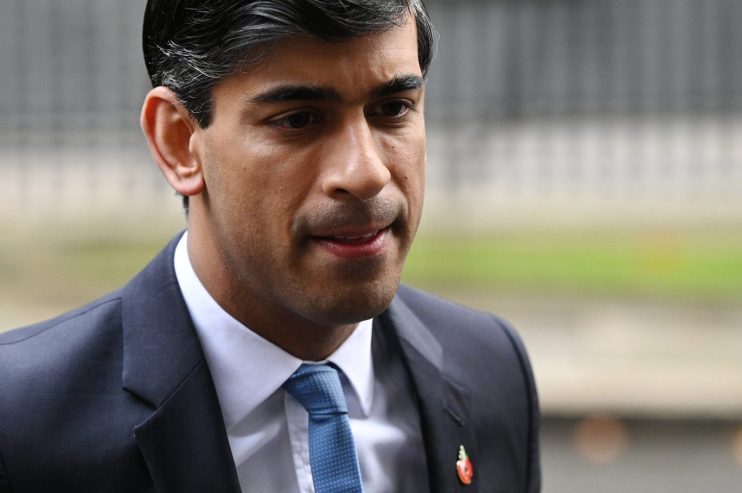Rishi Sunak to unveil multi-billion pound spending boost in bid to woo regions

Rishi Sunak is set to unveil plans to pour billions of pounds into infrastructure projects in a bid to woo regions and narrow the UK’s north-south divide.
The chancellor will next week announce the launch of a new UK infrastructure bank, based in northern England, which will play a crucial role in fuelling the country’s economic recovery after the pandemic.
The government plans to use more private sector capital for its projects and the new lender will also have a commitment to help deliver Britain’s climate targets, according to media reports.
The reforms are being positioned as part of the government’s “levelling up” agenda for post-Brexit Britain.
The overhaul, which will be unveiled at the spending review next week, will also include major changes to the government’s cost-benefit analysis process for big projects, which it acknowledged has favoured investments in the south of England.
Part of this relates to the Treasury’s so-called green book — a framework used to determine the value for money of government projects.
Traditionally these have had an inherent bias towards projects in the south, due to existing high property prices in the region.
But the shake-up will broaden the definition of benefit when making decisions on investment in projects such as transport, energy, schools and hospitals.
Sunak will also confirm the launch of the UK Shared Prosperity Fund to replace the EU scheme that provides funding to poorer regions.
It will come as the government outlines the first tranches of spending from the £600bn of public investment promised as part of Prime Minister Boris Johnson’s pledge to “level up” the country.
As part of the long-delayed National Infrastructure Review, the chancellor will allocate £1.6bn to be spent on fixing potholes on local roads in the next financial year.
The Treasury will also confirm that it will move some of its staff to the north of England next year as part of wider efforts to relocate 22,000 civil servants out of London and the south east.